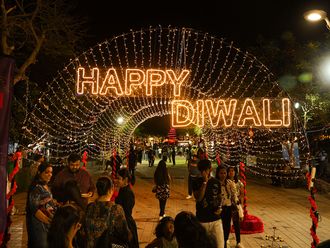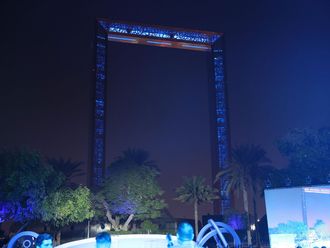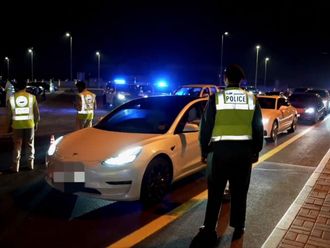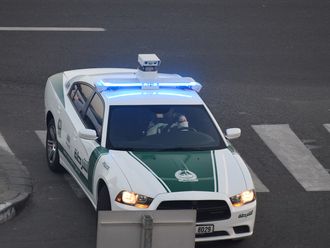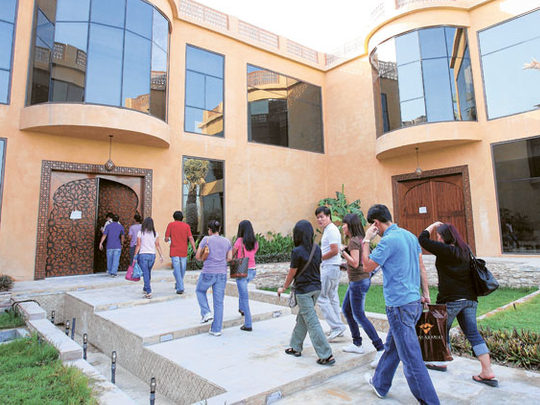
DUBAI: On May 10, 2011, Filipina nurse Marie shelled out 25,000 pesos (Dh2,174) to agents of the Bureau of Immigration (BI) in Ninoy Aquino International Airport so she could fly back to Dubai on a visit visa.
Money changed hands outside the airport and she was told to join a queue at a passport counter whose staff did not ask her any questions. A week before, she had been offloaded on the pretext of being a potential human trafficking victim, though Marie had already worked in a Dubai clinic for seven years before she quit her job and went home.
"I was just desperate to leave, because it's a big mess when you are offloaded," she said. "One of the people in my batch paid 37,000 pesos (Dh3,217)… the officer who stamped our passport hid his name tag."
All passengers on visit visas from Manila to Dubai who boarded the Cathay Pacific flight at 6pm that day via Hong Kong paid grease money, she said.
Robert B., a 34-year-old Filipino engineer, coughed up 28,000 pesos (Dh2,435) to an extortion gang member in June this year. Despite an "affidavit of support and guarantee" executed by his cousin and signed by a Philippine consul in Dubai, BI agents prevented Robert from boarding his Dubai-bound flight twice because he did not fit the profile of a tourist.
Their stories are a sign that a "pesos-for-papers" racket in Manila's international airport is in full swing. A hidden TV network camera had exposed this gang before but the probe ended there.
Robert had worked in South Korea's electronics industry for five years before coming to Dubai, and has since found a job in a Jebel Ali company with a salary equal to a middle manager's in his home country. As a bribe-giver, Robert admits he bears as much guilt as the bribe-takers.
"There's nothing to gain from complaining about these crooks. Any investigation will be a charade," he said. In 2004, senior BI staff came to Dubai to investigate the racket. It was an exercise in futility. For the victims, the grease money is a small price to pay for an easy way out to economic freedom.
Nel Morona, spokesperson for Migrante International-UAE, a migrant workers advocacy group, said the extortion and "state exaction" - through the Dh100 authentication fee charged for every affidavit sealed by either the consulate or the embassy - form a double whammy.
"It [affidavit of support] is a useless document," said Morona. "One, it is no guarantee against human trafficking. Two, it feeds an extortion ring."
Philippine Ambassador to the UAE, Grace Princesa, said claims of extortion by alleged victims have been brought to her attention. "I've requested the complaints to be made official with a sworn statement so the concerned authorities can go after the perpetrators and take appropriate action, if allegations are true."
- 2,174: dirhams was paid by Marie to BI agents in order to fly to Dubai


